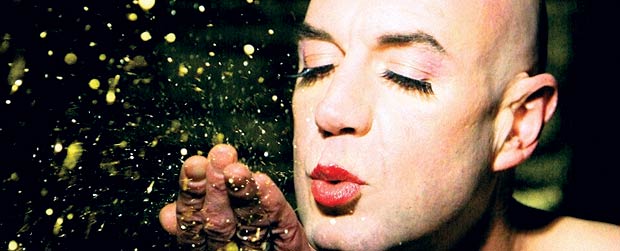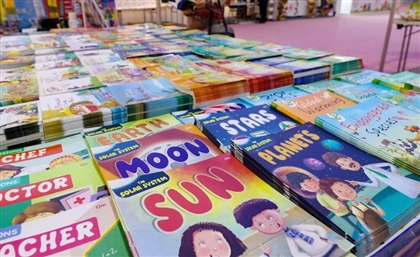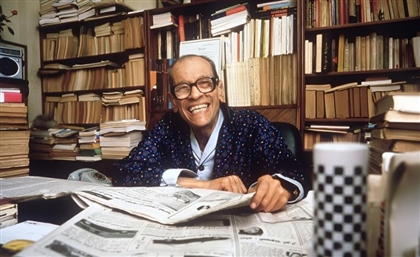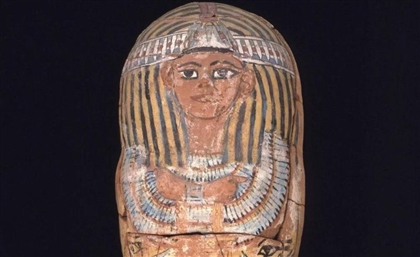Venus as a Boy: Fool's Gold
A story of desperation and demise, Luke Sutherland's Venus as a Boy, is a heartbreakingly beautiful read. The discomfort induced by the tale, as Anam Sufi explains, is exactly what makes it so special.

Venus as a Boy, a title widely popularised by experimental artist Bjork, was adopted as the title of a fiction novella by Scottish writer and musicician, Luke Sutherland.
The narrative is fashioned in the context of a fictitious recording of the protagonist, Désirée, who allegedly recorded his life’s parables on cassette tapes before sending them to an old confidant, the novel’s author, Pascal, who then writes the posthumous memoirs of Désirée’s trials and tribulations.
The story is set briefly in South Ronaldsay, Orkney, but quickly shifts to the backdrop of Soho, London; a reflection of the Désirée’s progressive decline from the stars to the gutters. It follows him as he comes to terms with the dog-eat-dog reality that serves as a constant threat and barrier to a better life. Faced with the circumstances of a concrete jungle, economic hardships and alienation in the framework of a bustling city, Désirée leaves his small island off the coast of Scotland in search of greater prospects, only to end up drowning in a downward spiral of loneliness and desperation. The reader is drawn to his plight, constantly engaged in the ‘no-break’ narrative that Sutherland adopts to tell the story.
The tone of the novel is ideal in terms of serving its purpose. Themes of identity, love, lust and alienation are dominant from cover to cover and demand the reader see themselves in Désirée. This feat is worthy of extolling when viewed against what and who Désirée really is, or what he becomes for that matter. Initially the reader views the protagonist in a shady light, compliments of the racism he displays at the start of the story. But as he gets sucked into a world of prostitution, it becomes flagrantly evident that the story transcends that of one man stuck in a pit of quicksand. The reader begins to question; at what cost do we elevate ourselves to fit societal and economic mores? Happiness? Self-actualisation?
These questions are brought to the forefront when Désirée begins his gender transition, a result of his pimp’s forced distribution of hormone pills to those in the brothel. “As for my sexual orientation… I hadn’t any.” His sexual liberties and identity are commodified such that we begin to reflect on the nature and significance of what defines the self. Gender and sex are reduced to just another brand in an all-too available and commercialised market for superficial love.
The novella’s greatest strength lies in Sutherland’s ability to play on the reader’s interaction through the use of raw and simple diction. Take for example the description offered to the brothel, Désirée says it’s as “what you’d imagine if you’d no imagination.”
Returning to the title of the work, Venus as a Boy, the reader should also take note of the reference to Roman mythology. Venus was the Goddess of love, beauty, sex, fertility, and prosperity. Accordingly, the use of the allusion in the title serves as foreplay to an ironic foreshadowing of all that Désirée fails to acquire.
Ultimately, I would highly recommend this book. It’s a short read, but rich with literary genius that leaves the reader feeling a subtle but unshakable sense of discomfort. That may not sound too appealing, but the reflective capacity that the story induces is not something you want to miss. I’ve read this book numerous times, and with it’s sporadic lines of rhyme and comedic unreality along with insightful references to alchemy (fool’s gold), I never cease to find something new to take away from the experience.
- Previous Article I Got Banged!
- Next Article Egypt Worst Place for Women?
Trending This Week
-
May 01, 2024
























